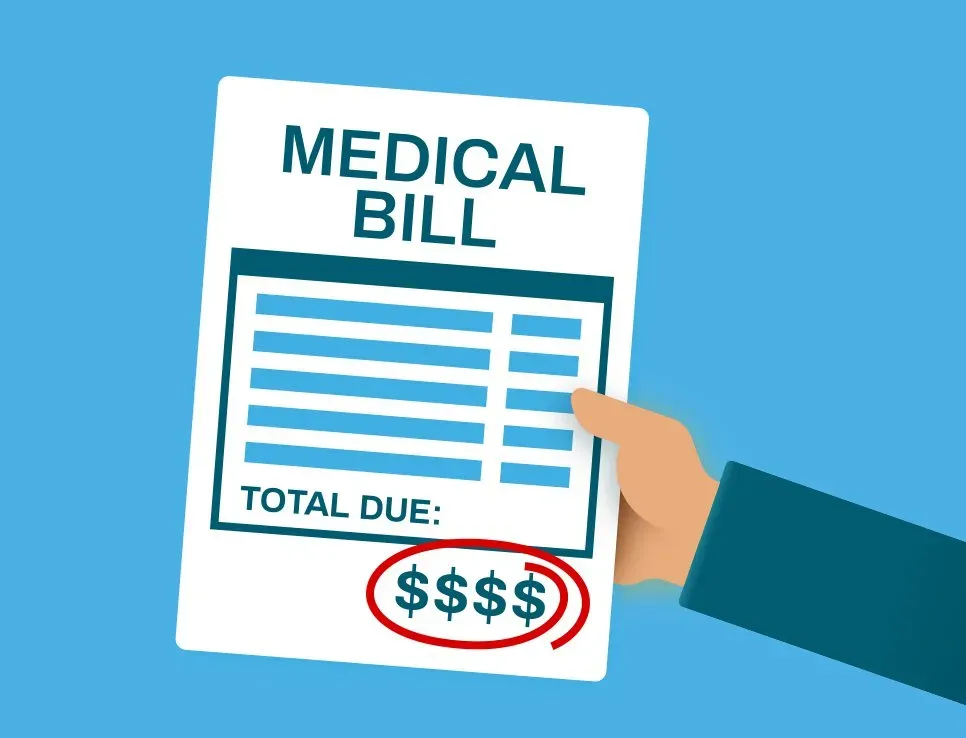Personal Injury - Understanding Pain and Suffering Damages
Hibu Websites • March 31, 2021
Personal Injury - Understanding Pain and Suffering Damages
11 Oct, 2016
When you file a Personal Injury claim, you usually intend to receive financial compensation from the party at fault or the insurance company. You likely want to recoup medical expenses or make up the pay you lost from missing work. Determining...
When you file a Personal Injury claim, you usually intend to receive financial compensation from the party at fault or the insurance company. You likely want to recoup medical expenses or make up the pay you lost from missing work. Determining the amount of money to ask for in your claim is fairly straightforward when you can show your medical bills, but other forms of compensation are not as easily calculated.
Individuals filing a personal injury claim often request compensation for pain and suffering, as well as clear economic damages. If you've recently suffered an injury, you have likely felt anxiety, stress, or depression due to the nature of the injury and the process of receiving treatment and compensation.
Your medical bills won't reflect the emotional distress you continue to feel after you leave the hospital, but you deserve compensation for your lowered quality of life. Fortunately, your personal injury lawyer can help you figure out how to prove you need compensation for your pain and suffering and how to calculate the amount to ask for.
Below, we've provided some information about pain and suffering so you can work with your attorney to achieve the best outcome possible.
Proving Emotional Distress
Legally, "pain and suffering" refers both to physical pain and emotional or mental suffering, neither of which a jury or insurance agent can actually see. You can show your cast or a photo of your damaged car to indicate the physical effects of an accident, but you'll need to use other means to prove emotional distress.
Giving evidence of a physical injury generally proves that you are experiencing physical pain and suffering due to the incident. Juries can easily see and understand that a broken limb or severe burn causes pain. To prove emotional suffering, you will need to explain how the injury has negatively impacted your life.
One way to prove emotional distress, whether or not you have a visible injury, is to provide clear examples of how your behavior or quality of life has changed since the accident. For example, if you are filing on behalf of an elderly loved one who experienced emotional harassment in a nursing home, explain how you watched them grow unhappy, fearful, or closed off over time.
After any accident, make notes of your daily activities from before the incident and explain how your physical or mental injury prevents you from completing those activities now. For instance, if you were dedicated to your physical health prior to the accident but can no longer exercise, you can show you are limited in the pleasure you can obtain in life.
Furthermore, proving that the incident was extremely traumatic, that the mental anguish experienced was intense, or that the suffering has lasted for an extended period of time will help your claim. An injury that leads to severe medical complications, such as an infected dog bite or a brain injury, will cause more emotional distress, in most cases.
Additionally, any accident that causes a wrongful death is likely to receive compensation for emotional distress since the loss of a loved one will be felt for the rest of the claimant's life.
To provide further justification for your claim, consider visiting a psychiatrist or therapist. They are trained to evaluate mental health and can vouch for the development of such emotional injuries as depression, anxiety, or PTSD. Not only will you receive treatment for the emotional distress, but you will have a professional opinion to back up your claim.
Include any medications your doctors prescribed as part of your claim as well. Taking an anti-depressant or prescription pain medication is a clear indication of pain and suffering.
Receiving Compensation
Calculating compensation for a non-economic emotional or physical injury is difficult, so lawyers and insurance adjusters must find ways to quantify emotional distress.
When your lawyer begins to figure out how much compensation to ask for, they will usually look at verdicts and settlements for cases similar to yours. They will get an idea of what juries or insurance adjusters will likely award you for your emotional distress.
For the most part, pain and suffering is calculated by taking the amount of your economic damages (including medical treatments and lost income) and multiplying it by 1 to 5. The lawyer determines what multiplier to use by taking into account the severity of the accident and its effect on you, your age and life expectancy, the long-term effects of the accident, and the change in your quality of life.
If you're experiencing physical pain or emotional distress due to an injury or accident, come meet with one of the attorneys at Lawyer, Lawyer, Dutton & Drake L.L.P. for a free consultation. We can help you figure out whether you have a case and how much compensation you're entitled to.

Personal Injury: Dealing with Insurance Company Surveillance in Des Moines, IA and Surrounding Areas
Learn why insurance companies use surveillance after an accident and how it can impact your case. Talk to trusted Des Moines injury attorneys at LLDDC Law—free consultation, no fee unless we win.








Share On: